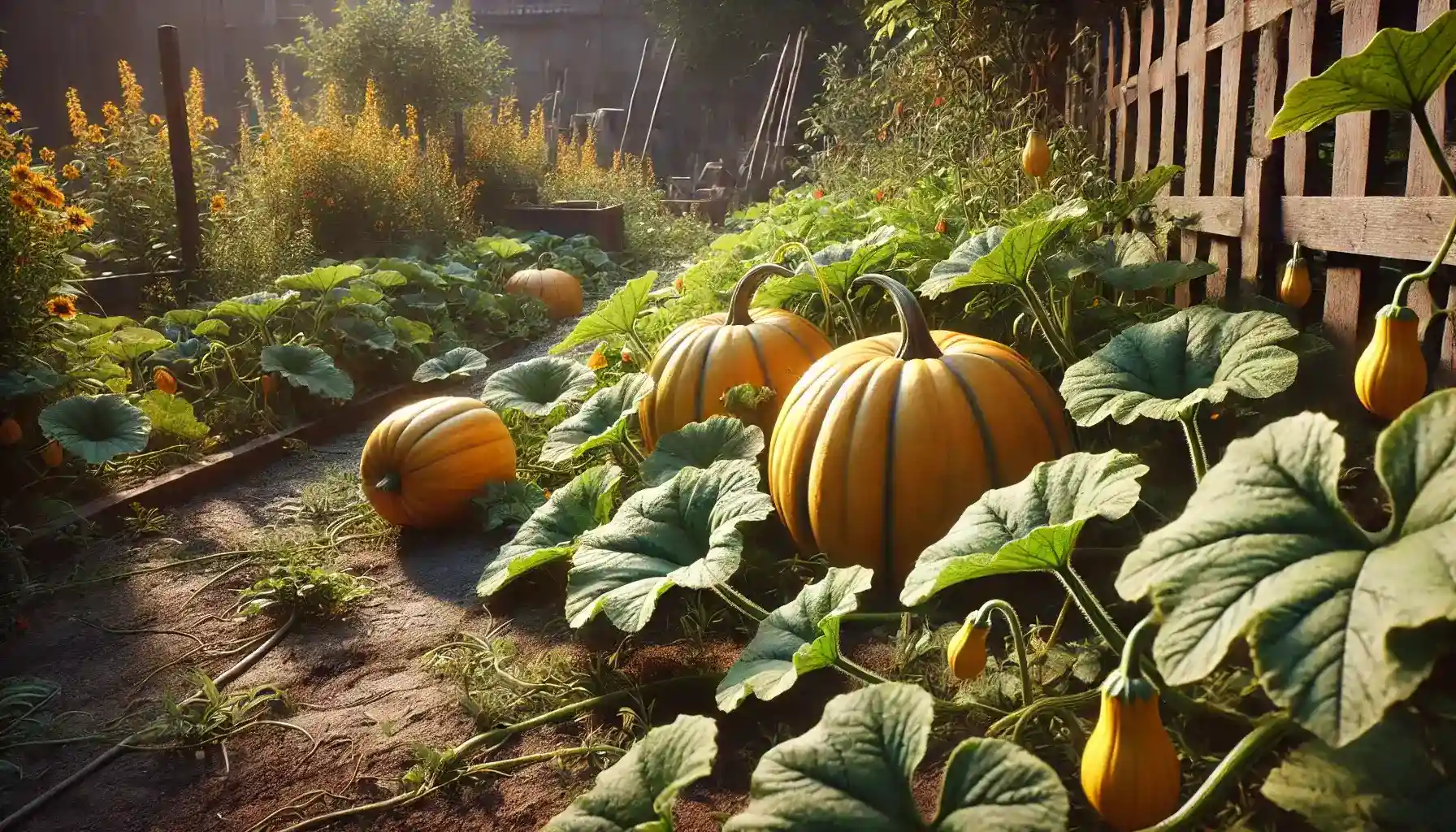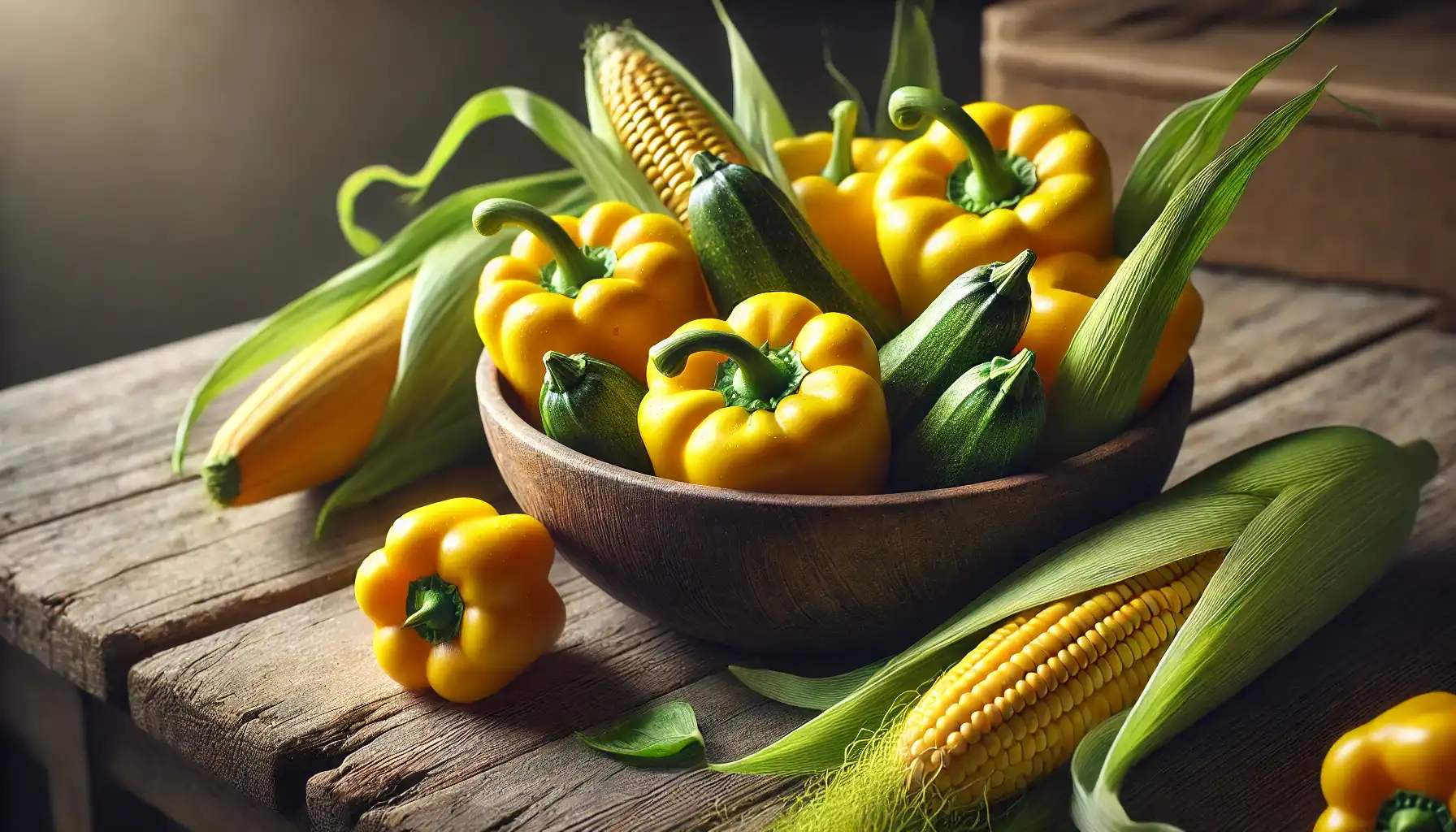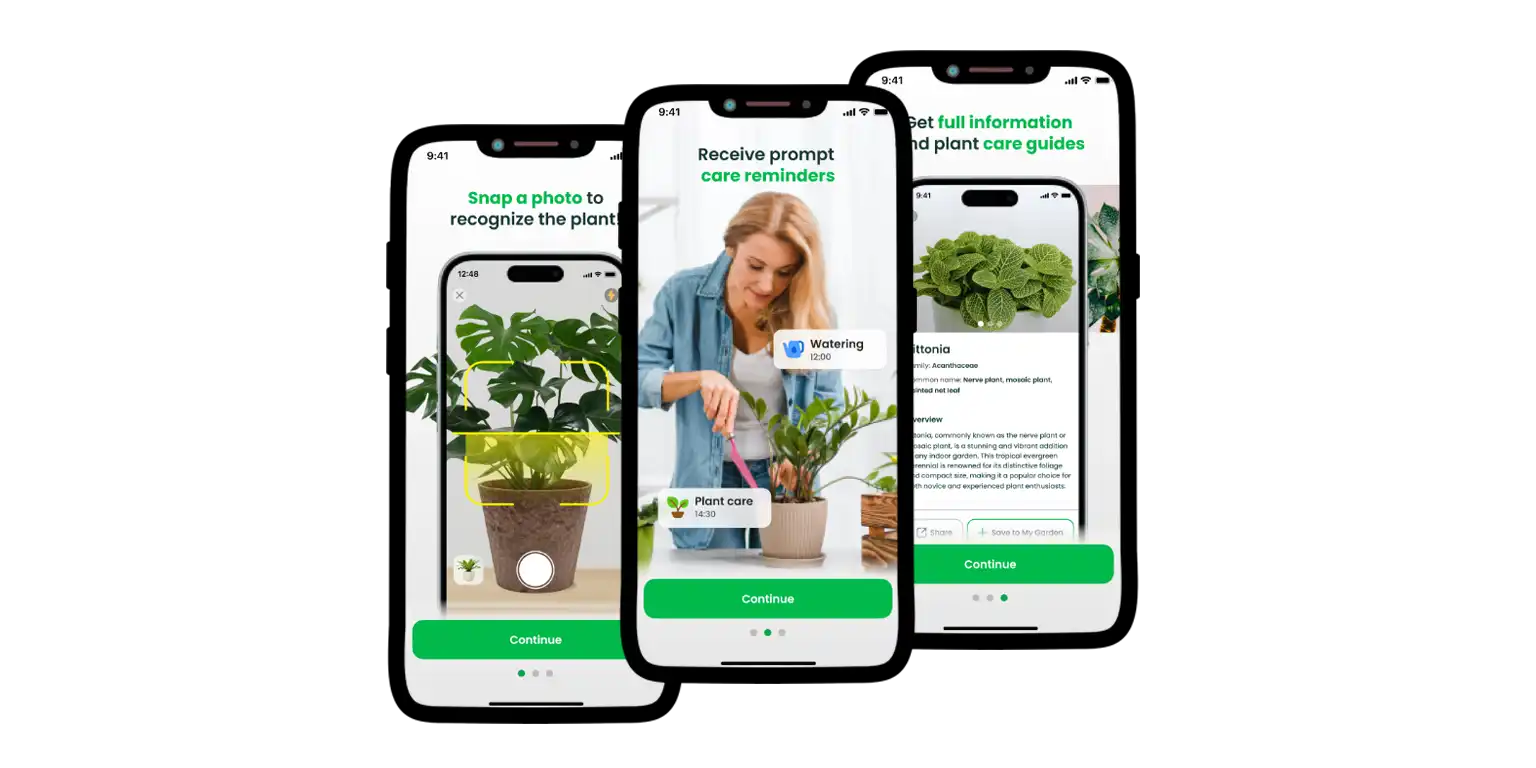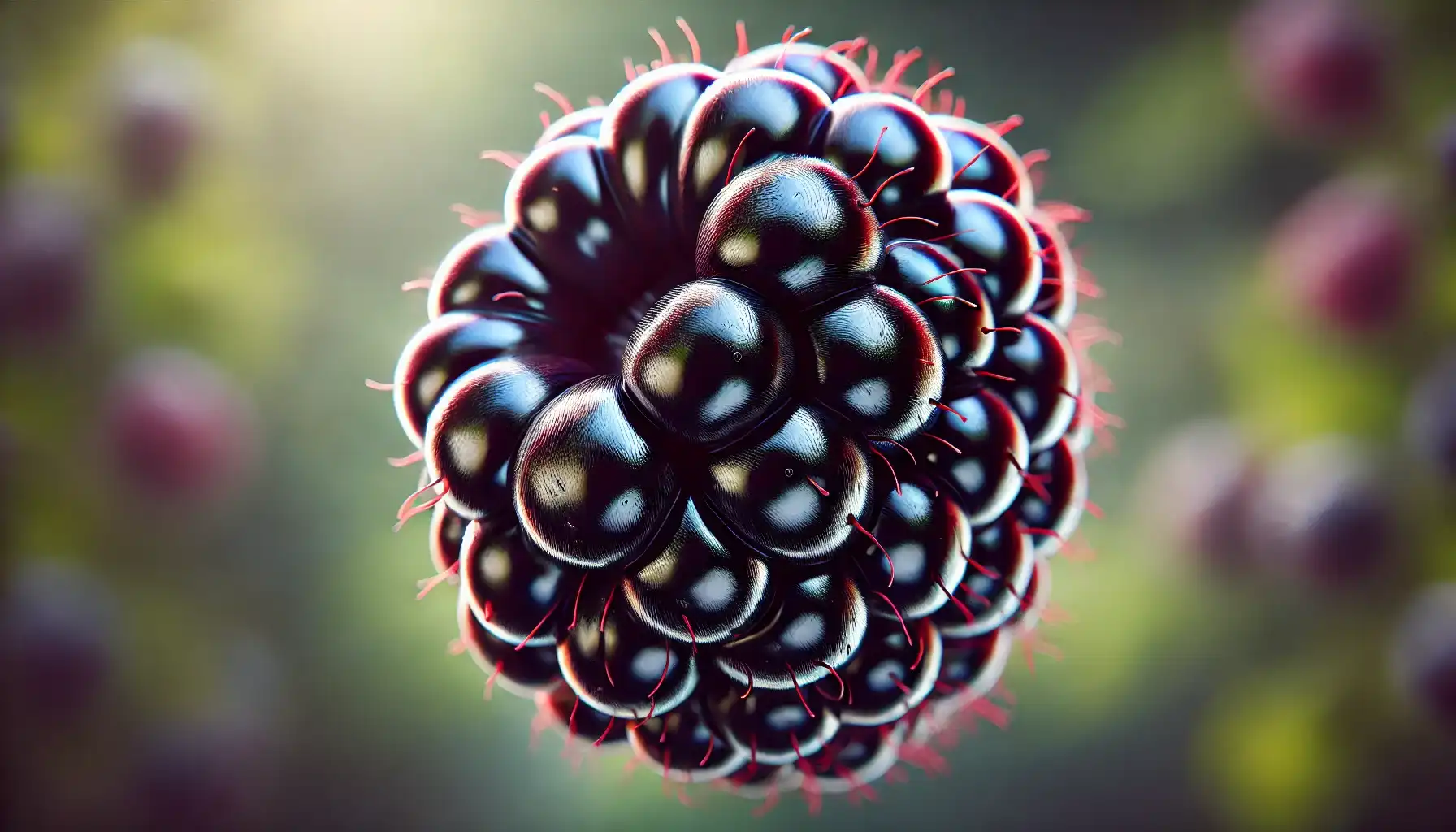The world of flora is a captivating space crowded with plants of diverse colors, unique structures, and intricate forms. And when one is searching for healthy yet flavorful products given by nature herself, yellow vegetables appear as nutritious and vibrant plants that may be painlessly included in the majority of diets, even the limited ones.
Nevertheless, it is still necessary to know which yellow plants are safe to eat and how they may boost health in the end. In this material, one is free to find the most essential information about yellow vegetables, their nutritional value, and their peculiarities, too. So, what are yellow vegetables perfect for consumption?
Into the Basics: What Do We Mean by Vegetables?
Vegetables constitute a large part of our diet, for they are considered to provide nutrients crucial for our development and life maintenance. However, from the botanical perspective, vegetables do not exist. Quite surprising, isn’t it?
Nonetheless, “vegetables” is the term that emerged as a culinary category relating to any savory fruits and other parts of the plants consumed by humans. Hence, vegetables may include tubers (e.g., potatoes), leaves (e.g., lettuce), stalks (e.g., asparagus), roots (e.g., carrots), bulbs (e.g., garlic), and flowers (broccoli).
The culinary usage of vegetables usually blurs the lines. Tomatoes, bell peppers, and cucumbers, for instance, are botanically fruits, though they are commonly treated as vegetables only, thanks to their flavor profiles and applications.
The Main Benefits of Yellow Vegetables
We all know that yellow vegetables may enhance the appearance of any plate, which might be crucial for picky eaters in particular. Apart from that, these may offer various health benefits due to their composition. So, why is including yellow vegetables in your diet so advantageous?
In general, yellow vegetables are high in antioxidants such as carotenoids, e.g., beta-carotene, lutein, zeaxanthin, and the like, that help one reduce the risk of chronic diseases, boost eye health by protecting good cells, promote skin condition, reduce inflammations, and many more.
Besides, vitamin C, often associated with yellow products, is crucial for the immune system, for it can aid in the production of white blood cells and overall cell protection, too. Many scientists also claim that the elements contained in yellow vegetables contribute to heart health, i.e., regulate blood pressure, lower cholesterol levels, and so on. Seems like a great way to support your body, though.
Yellow Vegetables: The Most Common Species
Yellow vegetables can be found anywhere. One may choose any plant species to their liking, while taking into consideration health benefits and possible use in dishes, too. What vegetable is yellow yet safe? Which species should we pay special attention to?
Squash
Yellow squash is a widespread variety that may boast a unique sweet flavor and mild texture. The vegetable itself is the storage of nutrients, that include folate, magnesium, potassium, vitamins A, C, B6, and so on. Being rich in fiber, yellow squash promotes digestion and prevents constipation, which is extremely important for those having related problems.
Yellow Bell Pepper
Though not the most favored type, yellow pepper is still a great ingredient that can be grilled, roasted, baked, or eaten raw. What is unique about this delicious plant is its ability to reduce the risk of age-related macular degeneration. So as to choose the best product, make sure the fruit looks firm and smooth, which is a sign of a perfectly ripe pepper. Nevertheless, some people might be allergic to bell peppers, so consult the doctor and check your health beforehand.
Pumpkin
However controversial this vegetable may be perceived, traditional pumpkins are full of antioxidants, fiber, and vitamins C and A, and the latter is responsible for a strong immune system, sharp vision, reproduction, and proper development of a human being. Although many people do not find pumpkin a tasty option, you can always experiment with textures and flavor combinations to find the most suitable one.
Corn
One of the most popular products in the world is indeed corn, be it canned, fresh, roasted, baked, or popped. By the way, in various parts of the world, corn is utilized to extract sugar and produce natural sweeteners. All in all, with this distinctive form and taste, the vegetable also maintains a healthy digestive tract and provides a fine energy source, too.

What Vegetable Has Yellow Flowers?
Sometimes, for those who are passionate about growing yellow vegetables, it is also worth exploring the nutritional benefits of yellow-flowered plants, such as Jerusalem Artichoke, Mustard Green, and Choy Sum, each of which represents the uncommon yet appetizing types.
Jerusalem Artichoke
Not really an artichoke but a sunflower type, this plant is known for its tubers, which have sweet subtones and crunchy texture. Jerusalem Artichoke has a bunch of benefits, and fiber presence is one of the most prominent ones. The inulin, i.e., a prebiotic fiber, can regulate gut health, balance blood sugar, and prevent the development of cancer.
Mustard Green
Another vegetable that produces yellow flowers and can be eaten, too, is Mustard Green. This leafy plant is usually used in salads and soups, though its applications may go far beyond the previously mentioned options. Besides, the seeds of Mustard Green can be employed to create mustard, which is obvious thanks to the name of the plant.
Choy Sum
What veg has yellow flowers else? Choy sum, also known as Chinese flowering cabbage, is often present in traditional Asian dishes, such as soups, salads, and stir-fries. It is quite interesting that the flowers are often harvested to be eaten along with the leafy greens. Being rich in calcium and iron, choy sum tastes like a young broccoli with mustard-like tones in the background.
How to Learn More About Yellow Vegetables
Knowing what you are going to eat is crucial, for such information may foster a deeper appreciation for the intricacies of the plant world and inspire a greater sense of curiosity and respect for the flora. Sometimes, people may want to grow vegetables directly at home, which is why additional support should never be neglected.
Lucky we are, the plantEd industry offers numerous platforms developed for plant lovers, aesthetes, professional gardeners, and cooks alike. In the abundance of software solutions, AI Plant Finder is one of the most productive applications that can provide one with constant plant assistance, the flora-related encyclopedia, gardening routine management, etc.
For one who wants to know if this or that vegetable may cause allergies, the app is eager to deliver the most relevant data for sure. Take a picture of a plant within the app or type in its name in the AI Plant Finder’s search bar for the system to accurately analyze information and display detailed plant cards with comprehensive species information.
Should you love to grow it in your indoor garden, AI Plant Finder can also give your recommendations, as well as grant a platform for keeping track of the plants and sharing the experience of other enthusiasts for you to choose the right path that matches your expectations.
Yellow is always associated with joy, and incorporating this veg color into your diet may improve your health and mood, too. Nonetheless, one should remember that bright colors may indicate the potential source of allergy, however beneficial each vegetable may seem. So, do not hesitate to explore the information about plant species in advance and consult your doctor to make this experience pleasant, and not traumatizing at all.






